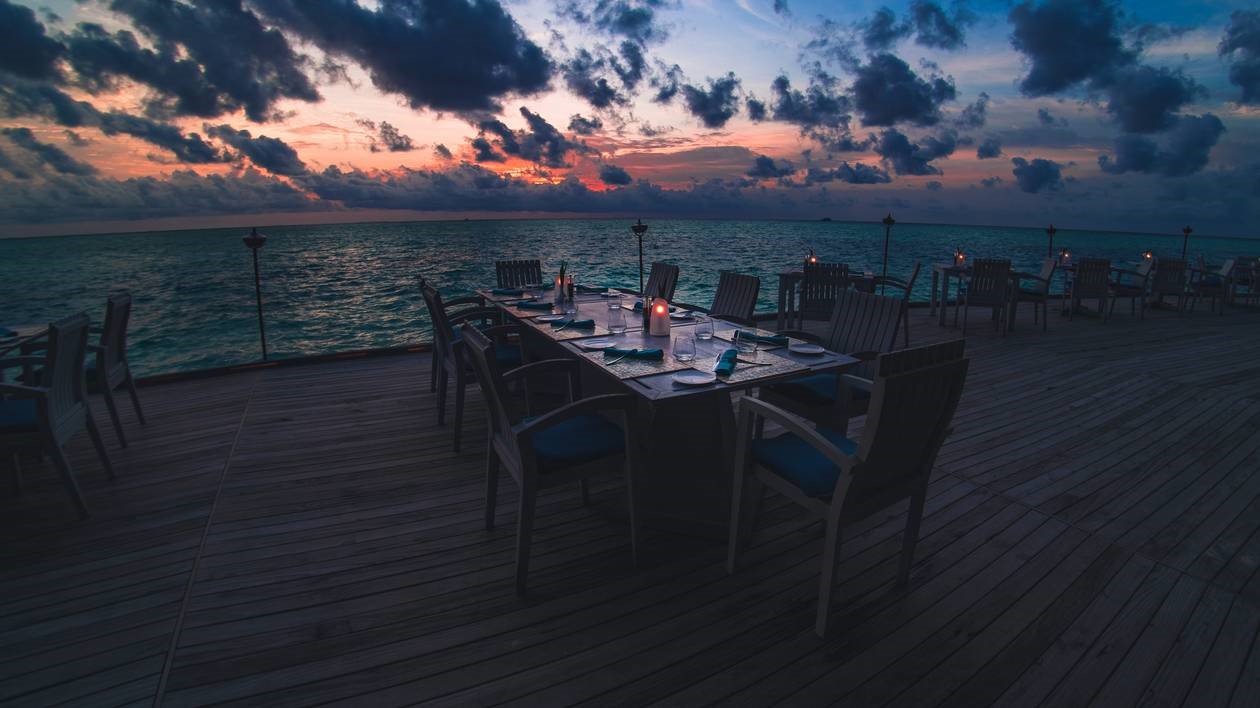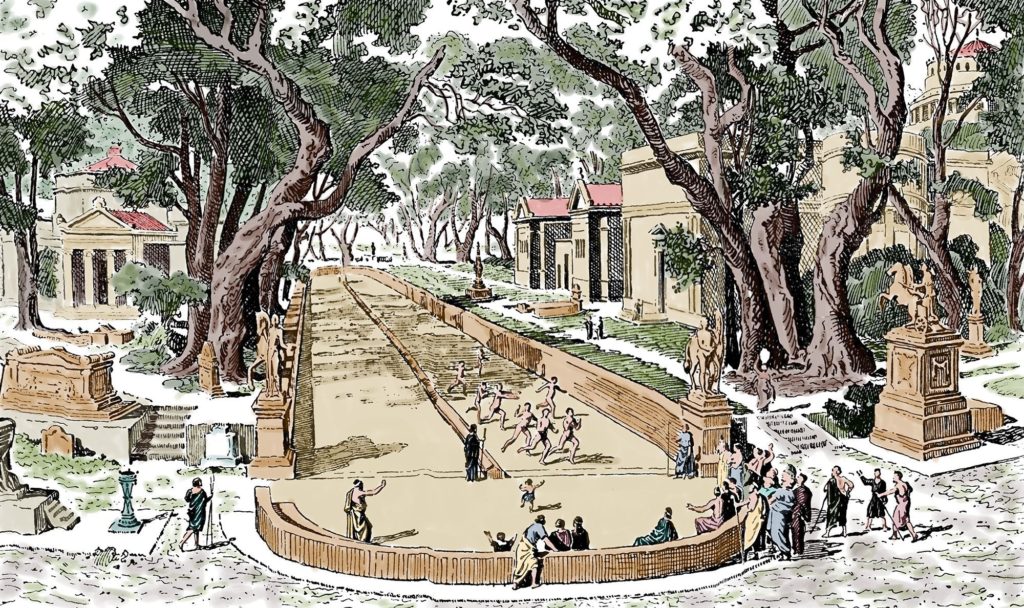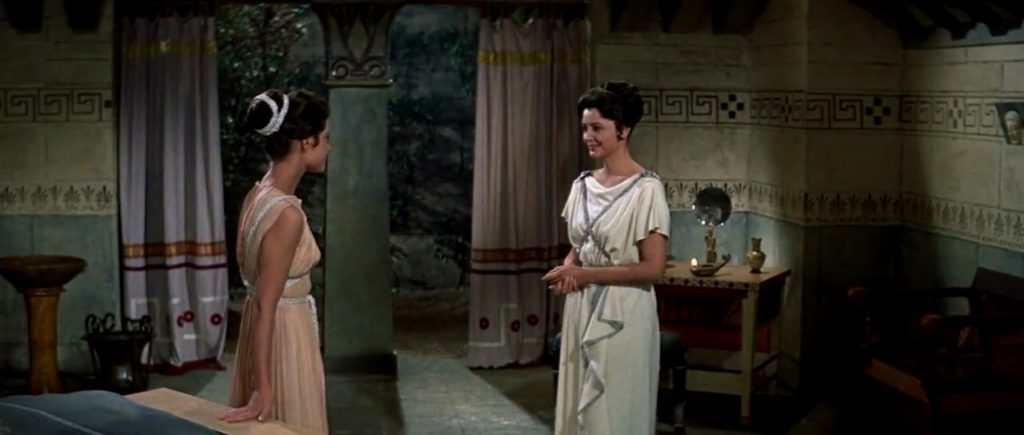
grapplingstars.com, femcompetitor.com, fciwomenswrestling.com, fcielitecompetitor.com fciwomenswrestling2.com articles, pexels.com wewe-yang-photo
August 31, 2019,
Going to war seems to be an integral part of the human experience.
Unfortunately.
From a War Monger’s view, in order to boom, you have to bomb.
From a Pacifist’s point of view, negotiation and diplomacy in all situations is always preferable to violent engagement.
It has been well-chronicled that China and the nearby regional metropolitan areas are booming beyond belief. At https://grapplingstars.com/ they wrote about this:
United Adds 2nd Daily Nonstop Service between S.F. and Hong Kong
One of the intriguing aspects of an interviewer’s discussion with a Chinese official is how he mentioned that because China has not been involved in a war in well over 50 years, it has allowed them to allocate those resources to business and commercial investments.
Brilliant.
Sometimes common sense is in front of your face and yet it is still hard to see.
Still some civilizations embrace their warlike heritage and it was a little surprising when the Greek tennis star Maria Sakkari spoke glowingly about her Sparta heritage, a very war like culture by any nation’s standards.
In all fairness, we realize she was speaking symbolically since her battles on those tennis courts are absolutely fierce and often a war of attrition, still it made us want to take a closer look at ancient Sparta.
Sparta was a prominent city-state in ancient Greece. In antiquity the city-state was known as Lacedaemon, while the name Sparta referred to its main settlement on the banks of the Eurotas River in Laconia, in south-eastern Peloponnese.

Around 650 BC, it rose to become the dominant military land-power in ancient Greece.
Given its military pre-eminence, Sparta was recognized as the leading force of the unified Greek military during the Greco-Persian Wars, in rivalry with the rising naval power of Athens.
Now this is in sure contrast with today’s economic giant China.
Sparta was unique in ancient Greece for its social system and constitution, which configured its entire society to maximize military proficiency at all costs, focusing all social institutions on military training and physical development.
The informative site history.com adds, “At age 7, Spartan boys entered a rigorous state-sponsored education, military training and socialization program. Known as the Agoge, the system emphasized duty, discipline and endurance. Although Spartan women were not active in the military, they were educated and enjoyed more status and freedom than other Greek women.”
Ms. Sakkari is enjoying more status than most other Greek women.
In fact, more than most women from any country for that matter.
When you watch her on the courts, you can’t help but be captivated by her. She is fierce, intense and relentless and her climb in the ranking is reflecting that.
On August 3, 2019 the San Jose Mercury News reported, “Last year’s runner-up Maria Sakkari pulled off an incredible comeback Friday to beat Svitolina in a quarterfinal match at the tournament being played at San Jose State University.
Trailing 1-6, 2-5, Sakkari saved four match points to force a decider and later came from a break down to seal an improbable 1-6, 7-6 (3), 6-3 comeback win. After losing serve five times in her first eight service games, the 2018 finalist kept her bid to reach another final, becoming the 32nd player to win a match from match points down this season.”
Very impressive. Determination and an iron will from Sparta.
Maria achieved her career-high singles ranking of No. 29 on 24 September 2018. Her highest WTA doubles ranking is No. 293, achieved on 16 November 2015.
Sakkari was born in Athens in 1995 to former top 50 tennis player Angelikí Kanellopoúlou and Konstantinos Sakkari.
She was introduced to tennis at age 6 and moved to Barcelona at age 18 in order to train. Growing up, her favorite players were Serena Williams, Roger Federer and Rafael Nadal.
She made her Grand Slam debut at the 2015 US Open.
Financial tennis life has been good to her. Ms. Sakkari currently resides in Monte Carlo. No doubt that has blossomed as has her results. Her public records show that she has earned approximately $2,500,000.
In 2017 Maria won her second match in a WTA tournament at the Istanbul Cup by defeating the top seed Anna Karolína Schmiedlová. She reached her first WTA semifinal at the Wuhan Open by beating Caroline Wozniacki, Elena Vesnina and Alizé Cornet, losing to Caroline Garcia. This success propelled her into the top 50 of the world rankings.
In 2017 she reached the third round of a Grand Slam tournament for the first time at the Australian Open, and reached the same stage at Wimbledon and the US Open, where she defeated the seeded Kiki Bertens but was eliminated by Venus Williams.
Even her loses are in good company. Can we call them good loses? In a way yes. Losing to someone you are expected to with far more experience is a learning experience. Losing to people that you should defeat can be very demoralizing and may speak to a sub-standard plan and even lower level of passion.
Avoid that at all costs.
Maria ascension continues.
In 2018 she reached her first WTA final at the (San Jose, United States) beating Christina Mchale, Timea Babos, third seed Venus Williams, Danielle Collins before losing the title to Mihaela Buzarnescu. On 6 August, she reached a career-high ranking of No. 31.
You see? She learned from her previous experience with Venus and the next time around improved. Good for her. Her resume is filled with defeating top players.
2019 saw our star win her first WTA trophy in Rabat, defeating Johanna Konta, who was once number 4 in the world in 2017, in the final.
Another top player goes down.
A warrior’s victory.
In her interview with wtatennis.com, when asked how she would describe her personality, Maria replied, “On court, I think I’m a player, because I’m from Sparta – my dad is from Sparta – so I have the Spartan inside me, and I give my heart and everything until the last point. I’m good fighter, and I run for every single ball. Outside of the court, everyone says I’m smiling all the time, a happy person. That’s the thing: I’m a happy person, and I’m always positive.”
Sparta is a subject of fascination to this day. That’s why so many movies are made about it.
One of them is a classic.
The 300 Spartans is a 1962 CinemaScope epic film depicting the Battle of Thermopylae. Made with the cooperation of the Greek government, it was shot in the village of Perachora in the Peloponnese.

It stars Richard Egan as the Spartan king Leonidas, Sir Ralph Richardson as Themistocles of Athens and David Farrar as Persian king Xerxes, with Diane Baker as Ellas and Barry Coe as Phylon providing the requisite romantic element in the film. Greek warriors, led by 300 Spartans, fight against a Persian army of almost limitless size. Despite the odds, the Spartans will not flee or surrender, even if it means their deaths.
Despite the odds, Maria continues to demonstrate that she can compete with the elite. Her greatest break through is simply a matter of time. Maria making it to the third round against the 2019 US Open’s number two seed in Australia’s Ashleigh Barty.
The WTA teams comments, “Despite her head-to-head lead, the Roland Garros champion’s most recent encounter with Sakkari just two weeks ago in the Cincinnati quarterfinals had gone to three sets, so a narrowly contested opener today was not entirely unexpected. Both players relentlessly probed each other’s games, attempting to maneuver the ball into awkward positions, and ultimately in a battle between Barty’s biting slice and Sakkari’s heavy topspin, it was the former that won out.”
It was close. Very close. 7-5 and 6-3.
One thing is for certain. In watching Maria battle it out on the courts, she does not recoil or surrender. We’ve watched many female tennis players over the years, but we only write about a few.
Something about them has to stand out.
With Maria Sakkari, yes she has the talent and skills but it is also her internal beliefs about her Spartan spirit that helps make her outstanding.
~ ~ ~
Opening photo Reuters-photo-credit.
https://en.wikipedia.org/wiki/Sparta
https://en.wikipedia.org/wiki/The_300_Spartans
https://www.history.com/topics/ancient-history/sparta
https://www.history.com/topics/ancient-history/sparta
https://www.ancient.eu/sparta/
https://en.wikipedia.org/wiki/Maria_Sakkari
https://www.wtatennis.com/players/player/318312/title/maria-sakkari-0
https://www.wtatennis.com/news/getting-know-maria-sakkari
https://www.itftennis.com/procircuit/players/player/profile.aspx?playerid=100148132



